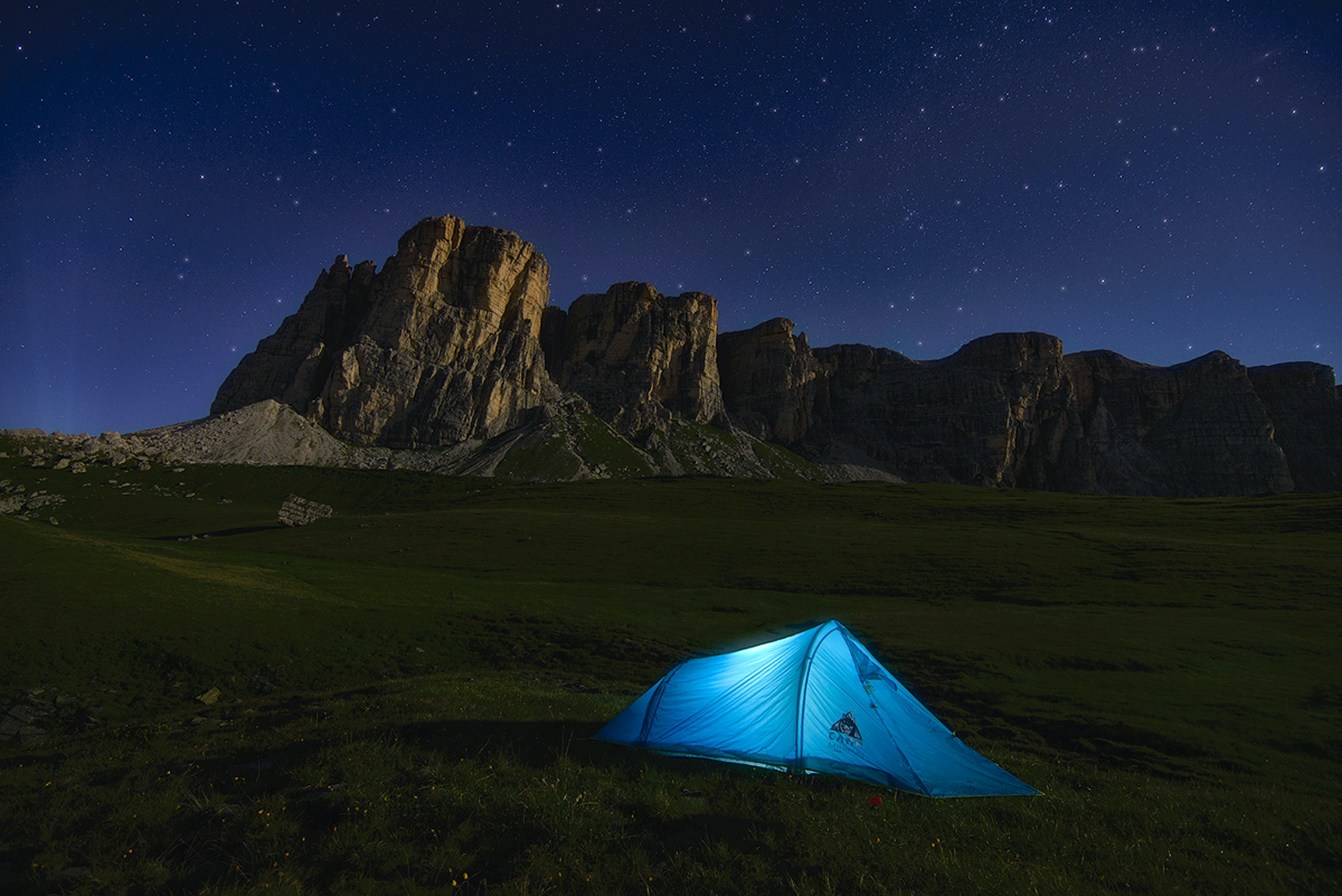Tips and Tricks for a Safe and Memorable Experience
Camping is a great way to connect with nature and escape the stresses of everyday life. But if you’re planning a camping trip at high altitude, there are a few things you should know before you go. High altitude camping can be a rewarding experience, but it also comes with unique challenges that can be difficult to navigate if you’re not prepared.
To help you get the most out of your high altitude camping adventure, we’ve put together some tips and tricks to help you stay safe and make the most of your time in the great outdoors.
Tips for High Altitude Camping
- Acclimate Slowly
One of the biggest challenges of high altitude camping is acclimating to the elevation. The higher you go, the less oxygen there is in the air, which can cause headaches, dizziness, and fatigue. To minimize these symptoms, it’s important to acclimate slowly. If possible, spend a few days at a lower altitude before you head up to your campsite. This will give your body time to adjust to the thinner air and reduce your risk of altitude sickness.
- Stay Hydrated
Staying hydrated is crucial when camping at high altitude. The air is drier and you lose more moisture through respiration, so it’s important to drink plenty of water throughout the day. Dehydration can exacerbate altitude sickness and other high altitude-related issues, so make sure you pack plenty of water and drink it regularly.
- Pack the Right Gear
High altitude camping requires specialized gear to help you stay comfortable and safe. You’ll need warm clothing, as temperatures can drop quickly at night, as well as a good sleeping bag and sleeping pad. A tent that can withstand high winds is also important, as weather conditions can change rapidly at high altitude. It’s also a good idea to bring sunglasses and sunscreen to protect your skin and eyes from the intense UV radiation at high altitude.
- Be Prepared for Emergencies
In the event of an emergency, it’s important to be prepared. Make sure you have a first-aid kit with you, and know how to use it. Familiarize yourself with the signs of altitude sickness and other high altitude-related illnesses so you can recognize them if they occur. It’s also a good idea to have a plan for evacuating the area if necessary.
- Respect the Environment
High altitude environments are delicate and can be easily damaged by human activity. When camping at high altitude, it’s important to respect the environment and minimize your impact. This means packing out all your trash, staying on designated trails, and avoiding disturbing wildlife.
The Wrap
High altitude camping can be a rewarding and unforgettable experience, but it’s important to be prepared. By following these tips and tricks, you can stay safe and make the most of your time in the great outdoors. Remember to acclimate slowly, stay hydrated, pack the right gear, be prepared for emergencies, and respect the environment, and you’ll be well on your way to a safe and memorable high altitude camping trip!
